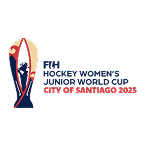
As the world celebrates International Day of Sport for Development and Peace today, April 6, the International Hockey Federation (FIH) reinforces its commitment towards using hockey as a tool to promote peace and well-being within communities.
FIH President Tayyab Ikram, speaking on the importance of this day, said: “One of the main reasons I have been involved in sport for many years is my wholehearted belief in its power to act as a catalyst for positive change. Sport unites. Sport provides hope. Sport inspires. I am deeply grateful to be able to contribute in my role, but more importantly, on the occasion of the International Day of Sport for Development and Peace, I want to thank the global hockey family. Their daily efforts not only grow the sport's community, but also help to build a better, more inclusive and more peaceful future.”
From Scottish club Uddingston’s incredible work towards improving mental and physical health, that has made them a beacon of positivity in their community in Europe to the Hockey Dreams Foundation coaches taking on the task of educating and helping prevention of Ebola during an outbreak in Africa, the work going on around the international community is living proof that hockey can bring people together, overcome social problems and help educate people to live better, healthier lives. On the United Nations International Day of Sport for Development and Peace, we shine the light on some of the many such stories from across the five hockey-playing continents that have actively contributed to the principles espoused by the idea of using sports for the holistic betterment of the society.
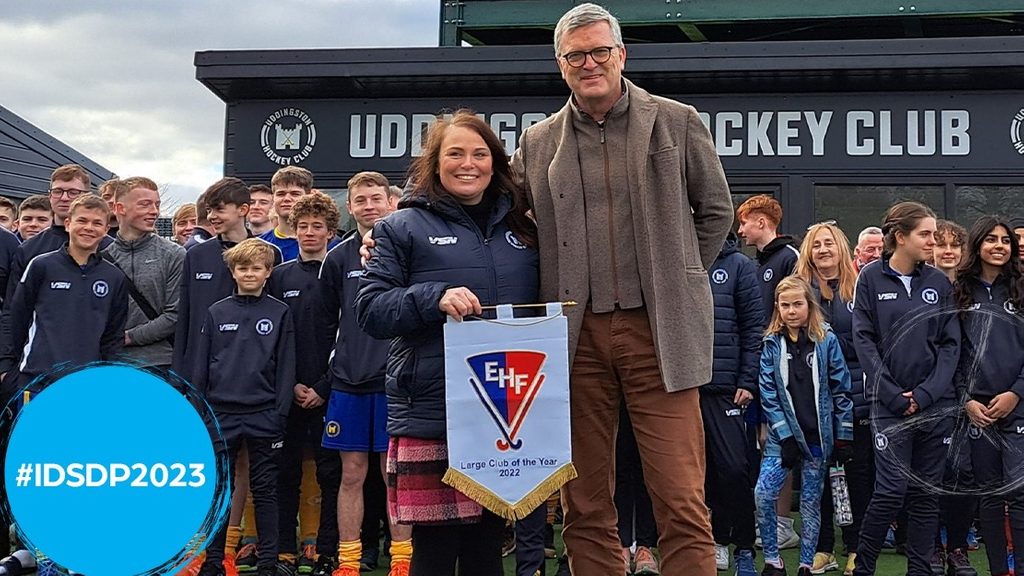
In Europe, Scottish club Uddingston has been doing remarkable work in the local community using the resources available at the club’s disposal to provide support to the community in a variety of ways. This includes donating land and resources at the club to the Men’s Shed Association that helps tackle men’s mental health. In conjunction with the Harvest Church Group, they also provide six weeks of hockey, food and transport for a local church group working with disadvantaged youngsters.
Another initiative focuses on children from the Women’s Aid Service project, offering hockey sessions and services to children within the school holiday period to provide respite for women who need to focus on their own needs as well as their children. “Walking Hockey” is offered, providing physical and emotional support to a group less mobile while to help with the current financial crisis, the club hosts a “kit bank” where people can bring their unwanted sticks, shoes and kit and offer these out for free to people who might need them.
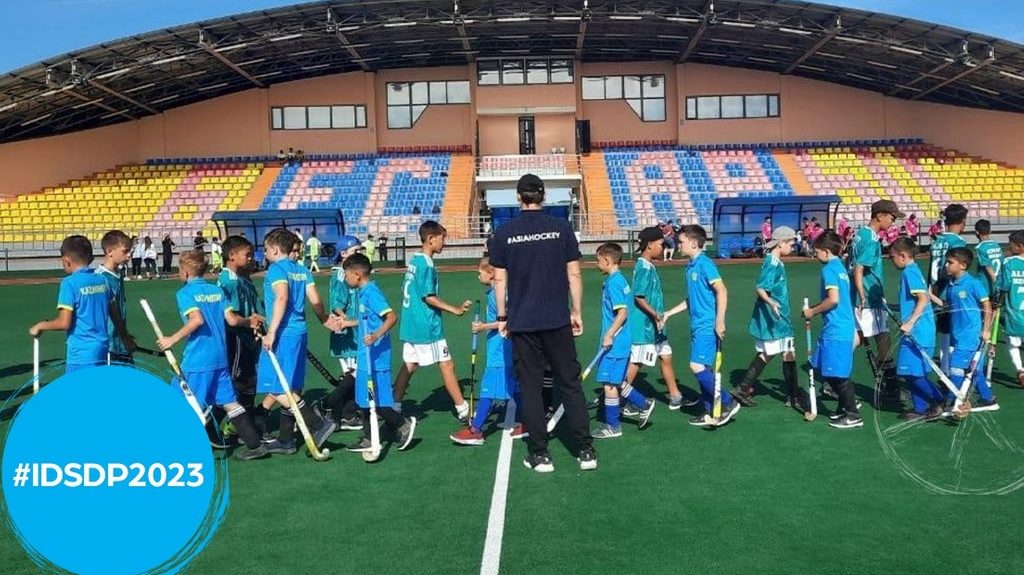
In Asia, the “Central Asia Development Assistance Project” is emphasising on the development of hockey on a national and regional level in Uzbekistan, Kazakhstan, Tajikistan, Turkmenistan and Afghanistan.
The area of focus of this project has been in developing new infrastructure and improving hockey playing conditions. This has included creating structures focusing on development of athletes, starting with a youth development model and enhancing women’s participation. Focusing on technical workforce, improving the organisational structure and management of resources by carefully centralising all hockey activities, and creating a regional hub which was achieved by the formation of a state-of-the-art new hockey stadium in Andijan, Uzbekistan, have helped in strengthening hockey in Central Asia.
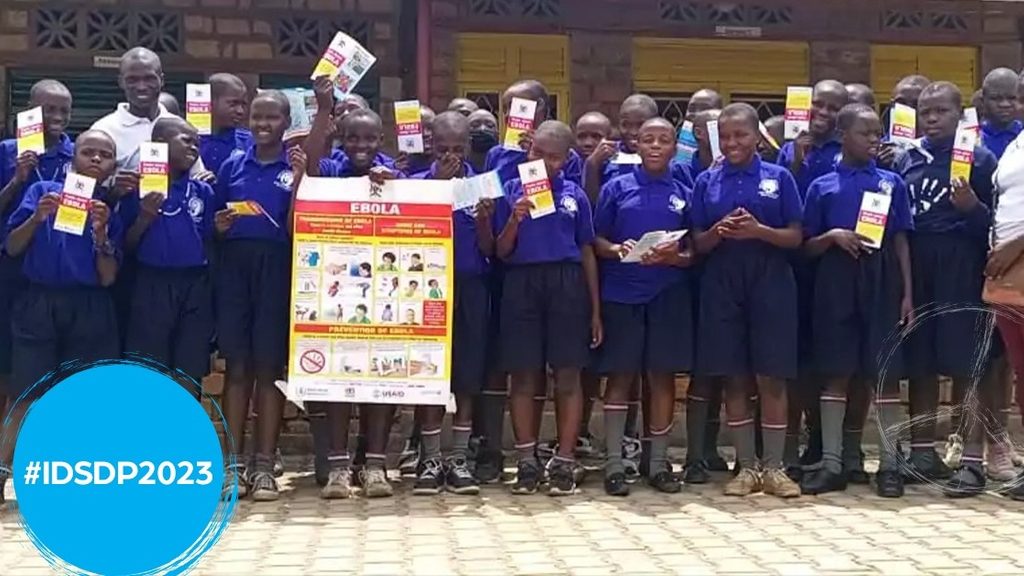
In Africa, the coaches of the Hockey Dreams Foundation played an important role in Uganda as an outbreak of Ebola threatened the nation. The coaches took it upon themselves to raise awareness among children on the prevention of Ebola, organising educational programs at six schools to the students they normally train and who know them as their coaches. The coaches went out and about to get all the materials and got all the right information from the Ugandan Ministry of Health, before organising the information drives.
The schools were grateful to the coaches from Hockey Dreams. Teachers and principals saw how coaches use sport to develop skills for everyday life, and this project also showed them that coaches care about the kids’ health beyond the field of hockey. Students took the insights, and the official flyers, with them to their families, so the information was shared in the communities.
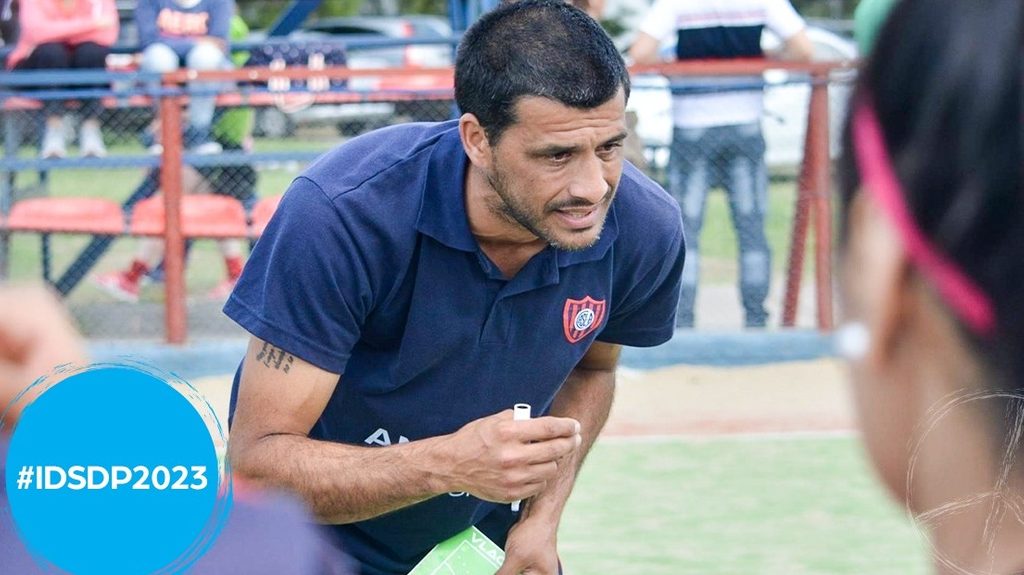
In the Americas, Ignacio ‘Nacho' Lopez has been at the forefront of hockey development taking place in El Salvador. He began working with the El Salvador national hockey association in 2018, working hard to establish a more resilient structure. He describes it as a ‘social project’. This means he starts the process of coaching and teaching with the younger players so they provide the platform for growth in the future. Nacho’s style of coaching is that of a modern breed of coaches, who seek buy-in and collaboration from the athletes.
As the COVID pandemic took hold across South and Latin American, Nacho’s approach began to pay dividends. He used the time, via online meetings, to learn more about his players. Some of the online sessions were tactical lessons or physical fitness sessions, others took the form of challenges and activities such as baking a cake, doing a team quiz or having an online barbecue.
The culture reset has been paying dividends as in 2018 when Nacho began his work, the national team was ranked sixth in Latin America, but have seen a period of steady improvement, and in 2021 the men’s team took bronze at the Central American Hockey5s Championship and the women went one better, winning silver, giving proof of the effect he was having on the national set-up in the country.





